I'm sure you don't want to see your mom suffer but she made her choice and has to live with it. You are not responsible for your sisters debts. Your mom isn't either unless there is something that she isn't telling you. I know you don't want to hurt your mom but only do what you are comfortable with. If that is nothing then do nothing. Don't let ANYONE try to guilt you into something that is not your responsibility. If they try to do that, give their phone numbers and email& house addresses to any collection agency or business that your sister owed money to & let them sort it out. Sorry this happened to you, but I am praying for you.
I Refused to Care for My Mom—I Got No Inheritance Anyway
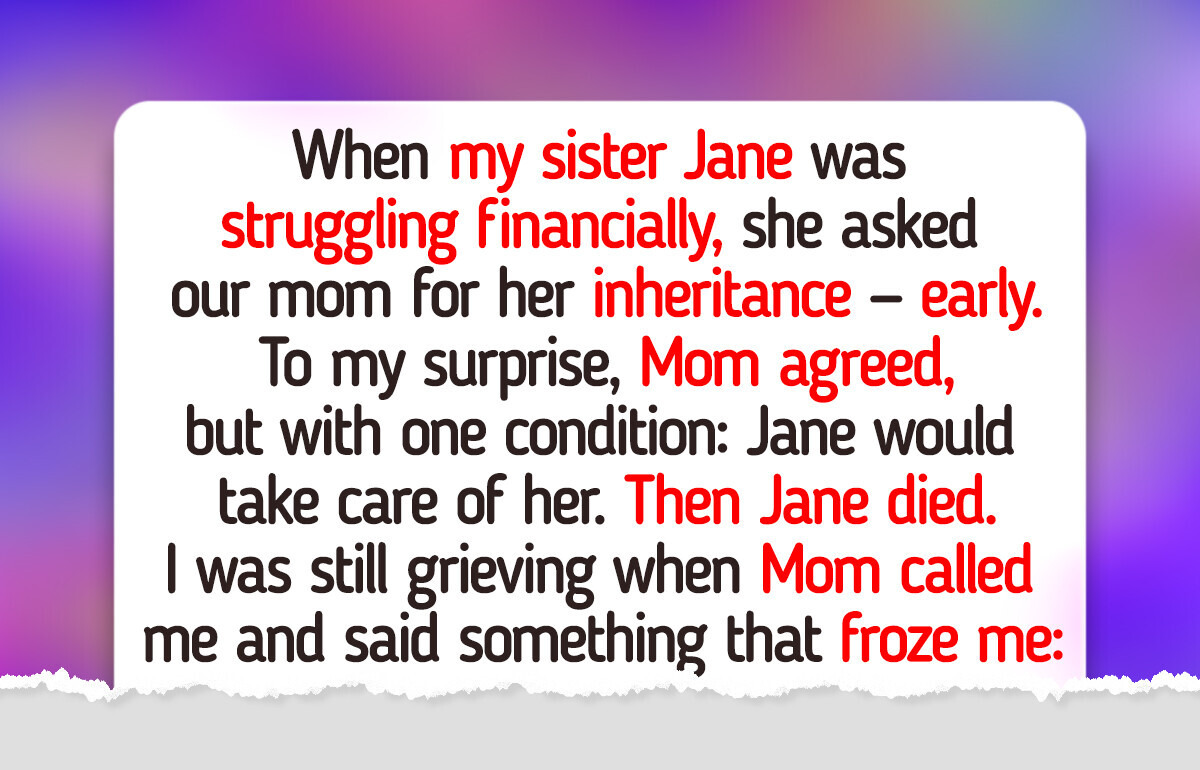
Kylie has shared with us her family story. When her sister Jane asked for the family home as an “early inheritance,” she promised to take care of their aging mother in return. It seemed like a fair exchange—until an unexpected tragedy turned everything upside down. What followed left Kylie caught between grief, guilt, and a demand she never agreed to.
This is her letter:
Dear Bright Side Team,
My sister Jane struggled financially and asked our mom to give her the house as an “early inheritance.” Mom agreed—on the condition that Jane would take care of her. Jane accepted.
But then, Jane suddenly passed away. I was stunned when Mom called me and said, “Your sister left you with her responsibilities—to take care of me. She also had many debts, and you should help cover them.”
I told her I’m not going to take care of her or pay off Jane’s debts. Jane had already used up most of Mom’s money and assets while she was alive. There’s nothing left for me—no inheritance, no support.
Now, my mom says I’m greedy and selfish. She feels betrayed and underappreciated, especially as a single mom who raised us both.
But... was I really wrong?
Best regards,
Kylie
1. Understand Your Legal Rights and Obligations.
- Inheritance laws vary, but generally, you are not automatically responsible for a sibling’s debts or caregiving promises unless legally documented. Consulting a family or estate lawyer can clarify your responsibilities and protect your rights.
2. Set Boundaries With Family Guilt.
- Guilt-tripping is not a valid form of communication. Setting emotional and financial boundaries is healthy and necessary, even with a parent.
3. Explore Mediated Family Conversations.
- A neutral third party (e.g., a family therapist or mediator) can help resolve the resentment and misunderstandings.
4. Reframe the “Selfish” Narrative.
- Standing up for your boundaries doesn’t make you selfish. It makes you self-respecting. Remind yourself: Saying “no” to exploitation is not the same as saying “no” to love.
5. Address Unresolved Grief.
- Your mother may be grieving Jane’s death while projecting her pain as anger or blame. Consider suggesting grief counseling—for both of you.
Families are complicated — especially when love, money, and expectations collide. In situations like this, there’s rarely a clean answer or a perfect choice. But setting boundaries doesn’t make someone selfish. Sometimes, it’s the only way to protect your own life from being consumed by someone else’s decisions.
At the end of the day, this story isn’t just about inheritance or responsibility — it’s about how easily love can be confused with obligation... and how important it is to recognize the difference. Before you go, check also this article about family dynamics.
Comments
So Jane took all your mother's money, died before she paid back her debt and now you're selfish because you can't afford to pay Jane's debt or support your mother because she gave all her money to Jane? If anybody sounds selfish it sounds like Jane. She shouldn't have been taking all that money especially knowing some of it should have been your inheritance and some of it should have been your mother's retirement fund. Dead or not that doesn't make her responsibilities your responsibilities.
Related Reads
I Refused to Take Video Calls on Weekends, Now HR Changed Their Policy

I Said I Don’t Want to Be a Mom—Now HR Is Coming After Me
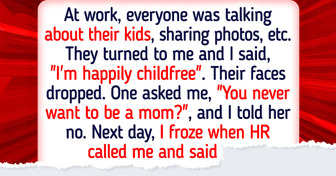
I Refuse to Let My Brother’s Girlfriend Control My House—I Put a Stop to It Fast

15 Stepchildren Who Finally Saw Their Stepparents as Real Family
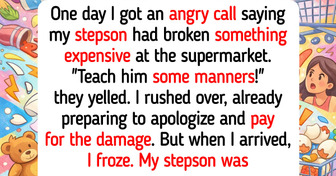
I Quit After My Boss Denied Me My Lunch Break
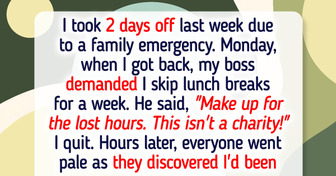
15 Moments That Teach Us to Stay Kind, Even When the World Gets Tough
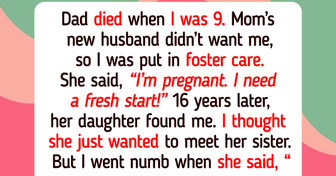
I Refused to Let My Boss Track My Every Move—I Don’t Need an “Ankle Monitor”

15 Moments That Prove Kindness and Compassion Are the Only Currencies That Never Lose Their Value

15 Moments That Prove Quiet Kindness Is What Keeps the World Together
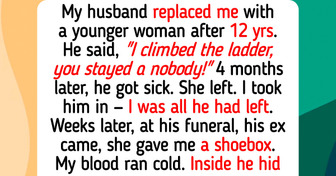
13 Life Moments That Prove Kindness Costs Little but Goes Far

13 Stories of Quiet Kindness That Show Superhuman Strength in Ordinary People

10+ Stories That Remind Us Why Small Acts of Kindness Echo Forever





